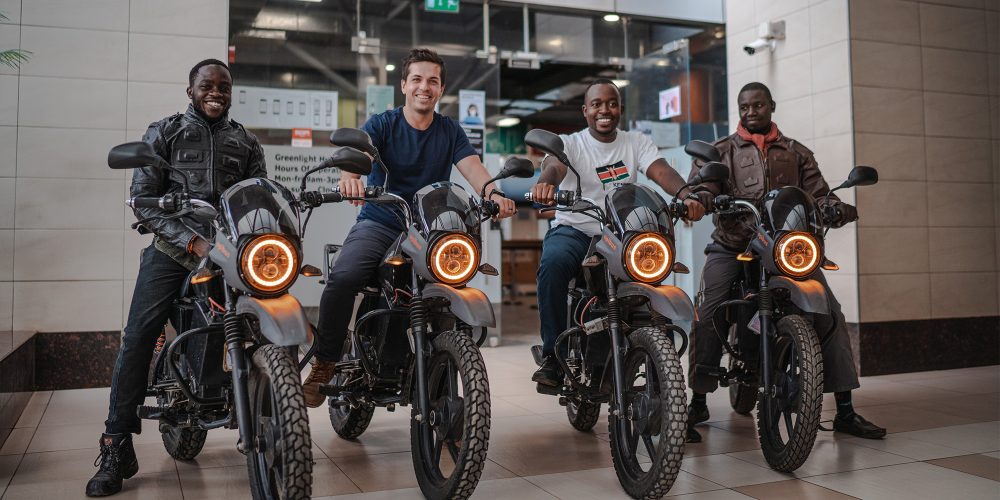Following a successful pilot program in Africa, Uber and EV developer Opibus have entered into a strategic partnership to promote EV adoption across the continent. As part of the agreement, Opibus will provide 3,000 of its unique electric motorcycles to support Uber’s growing demand for emissions-free drivers across the continent.
Opibus is a Swedish-Kenyan technology company that develops, designs, and manufactures electric vehicles to help transition the African continent toward more sustainable transportation.
You may recognize the name from our EV spotlight earlier this year. Opibus was founded in 2017 as a research project at one of Sweden’s top technical universities. Its mission, from the beginning, was to implement electric mobility in emerging markets.
This includes EV conversions of mining SUVs, energy storage, and ground up builds of both electric motorcycles and passenger buses – some of the first to be manufactured in Kenya.
In November, we shared news that Opibus had closed a round of funding totaling $7.5 million, the largest ever for an African electric mobility company. Now, Opibus is continuing its upward trend of EV momentum by partnering with a household name in transportation – Uber.

Opibus will expand presence in Africa with the help of Uber
According to the official press release from Opibus, its new strategic partnership comes off a successful pilot program with Uber using its proprietary electric motorcycles.
To begin, Opibus will not only supply Uber with a large amount of electric motorcycles, but Uber will also help its new partner scale its production to enter more countries in Africa.
Opibus is currently operated out of Nairobi, Kenya, where it also manufactures its electric vehicles. Mikael Gånge, Co-Founder and Chief Sales Officer Opibus, spoke to the partnership with Uber:
We’re seeing a huge demand for locally designed electric motorcycles on the African continent, and by working with Uber we’ve now been able to prove the feasibility for large scale deployment. Next year we’re scaling up our production to meet the market demand, both in Kenya and in the region.
Opibus points out that the motorcycle industry is the single largest employer in Kenya, estimated to provide jobs for over 1.2 million youth. However, the over 1.6 million motorcycles registered in the country all still operate using gasoline and combustion, causing massive amounts of emissions and noise pollution. To combat this, Obipus was able to create its own electric motorcycled priced equivalent with its gasoline counterparts.
As a global operator of transportation, Uber is taking its own steps toward promoting sustainability. Previously the company has outlined goals to become a fully electric, zero-emission platform by 2040, with 100% of rides taking place in ZEVs. Frans Hiemstra, General Manager, Uber Sub-Saharan Africa spoke to these goals and how they can become achievable with Opibus’ help:
We are doing our part to help transform mobility in the country by helping to reduce carbon emissions. Uber is continuously looking for ways to improve the customer experience, and we have a responsibility to invest in product innovations that are safe, reliable, durable, environmentally friendly, and have a sustainable impact on drivers and cities. This collaboration with Opibus will do just that.
Zero-emissions, virtually no noise, and less operational maintenance costs for UberBoda drivers feels like a win-win-win for all parties involved.
Read the full article here



